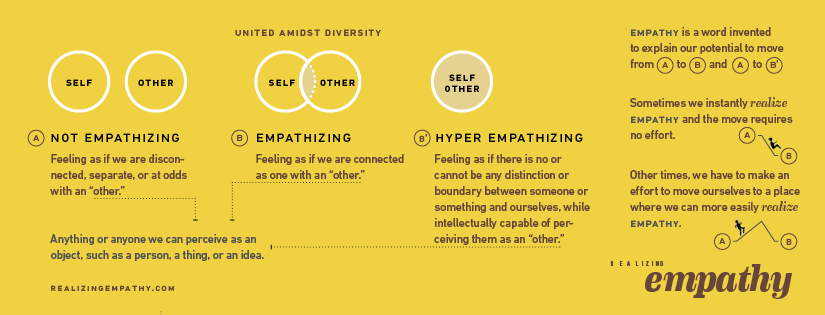What “experts” or “professionals” may not get
about Paul Graham’s essay
is that it’s _primarily_ an act
of permission-giving.
The details of the essay
matters much less.
Many founders have felt pressured
by “experts” or “professionals” telling them
how to run their own companies.
It matters less
whether the advice came from VCs
with no experience running a company
or from Founders
with much experience running a company.
The fact of the matter is
what worked in context A
doesn’t always work
in context B.
That’s the limitation
of _advice-giving_
itself.
Paul’s essay
is making it ok for founders to say
“no thanks,”
to “expert” or “professional” advice.
To go at it
“my way,”
for better
or for worse.
That’s much needed permission
for the Founders who have felt pressured
to follow “expert” or “professional” advice.
To be clear,
this is also a reminder
that when something isn’t working
we can either take responsibility
for doing what we believe
is right
or abdicate responsibility
by doing what others believe
is right,
because we’re either
afraid of being wrong
or feel helpless
without a choice.
…
For the “experts” or “professionals,”
Paul’s essay is an invitation
to also learn how to help
without giving advice.
Without resorting to
telling people what to do,
but instead
working with them
to create something neither
could have created
alone.
